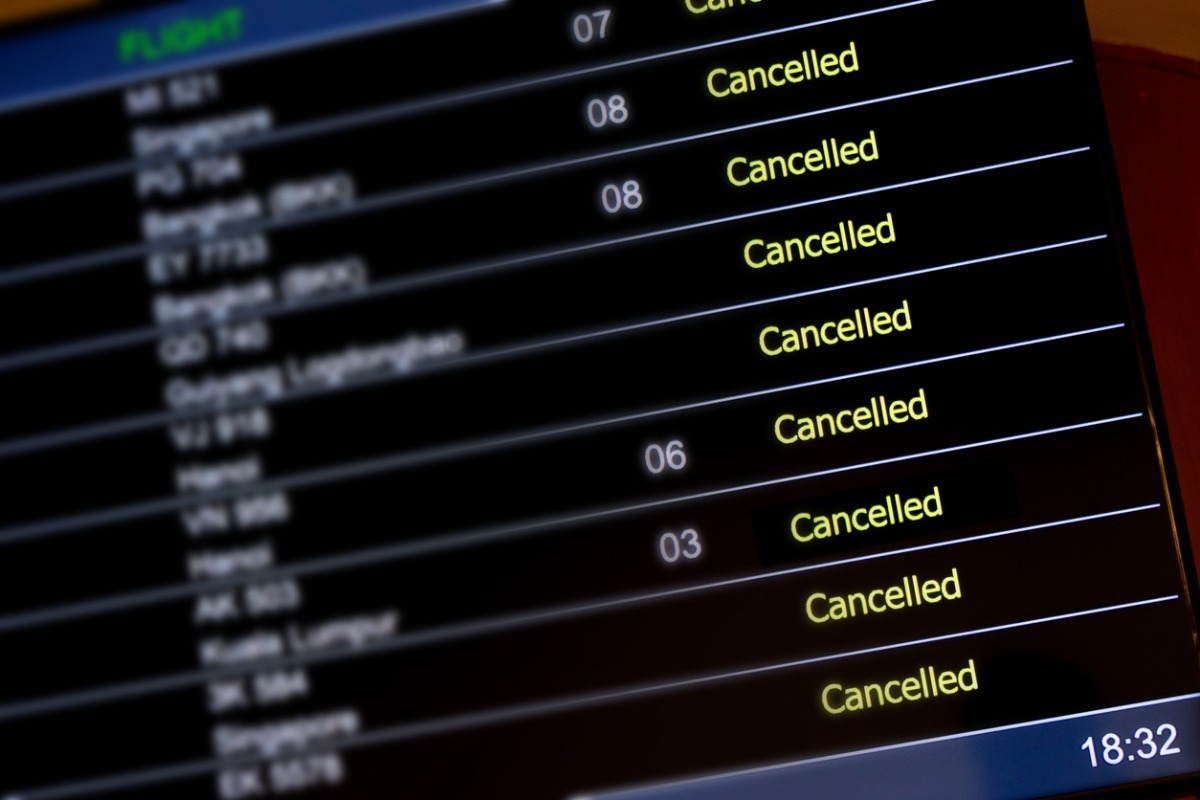In response to the Omicron variant, the National Security Committee has pushed the reopening of Australia borders to international skilled and student cohorts, alongside humanitarian, working holiday maker and provisional family visa holders from December 1 to December 15.
A joint statement from Scott Morrison, Barnaby Joyce, Greg Hunt, Marise Payne and Karen Andrews released on November 29 read: “The temporary pause will ensure Australia can gather the information we need to better understand the Omicron variant, including the efficacy of the vaccine, the range of illness, including if it may generate more mild symptoms, and the level of transmission.”
The government has stressed that this measure is a “temporary pause”, but the hospitality industry will be keeping a keen eye on developments, with international students and working holiday makers traditionally significant sections of the labour pool.
On Monday, The Shout reported that NSW, Victoria had reintroduced 72-hour quarantine periods for overseas arrivals. Similarly, South Australia has extended its quarantine period for international arrivals from seven days, to 14.
In the same article, Stephen Ferguson, the CEO of the Australian Hotels Association, told The Shout that the industry is “operating with only about 60 per cent of our workforce.”
Any further extension to border closures will come as a bitter disappointment to the drinks business, which had been eagerly anticipating both the return of student and backpacker workers, and the uptick in custom that would have accompanied international and domestic tourism during the summer.
The current border ‘pause’ also applies to travellers from Japan and the Republic of Korea, who had been due to join ‘green lane’ countries on December 1.
Stricter measures are in place for anyone who has been in “African countries where the Omicron variant has been detected and spread” in the last 14 days. The nations are: South Africa, Namibia, Zimbabwe, Botswana, Lesotho, Eswatini, Malawi and Mozambique.
The government also made it clear that the restrictions apply to anyone, including international students and skilled migrants, arriving from safe travel corridors established in New Zealand and Singapore, if those persons have been in any of the eight identified countries in the last fortnight.
Indications are that more will be known about Omicron in the coming weeks, with the Kirby Institute’s ‘containment lab’ telling The Guardian it hopes to have “information within a week.”
Until then, hospitality and the drinks industry face an anxious wait to see what the impact of the Omicron strain will be – and what steps the government will take to counteract it.

